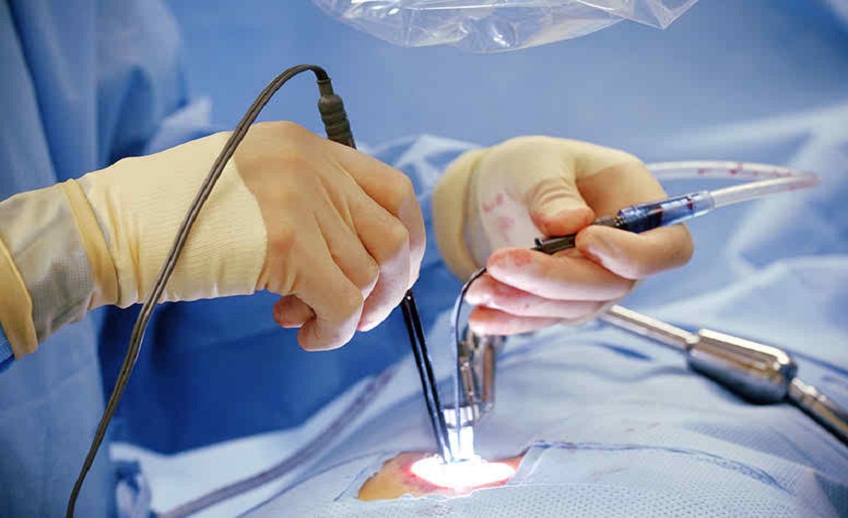
It might be daunting to learn that you require surgery. You anticipate time off work, incapacity to perform routine tasks, and scarring and discomfort as you recuperate. Luckily, thanks to modern medical developments, numerous spinal disorders and injuries can now be managed medically with minimally invasive surgery. These procedures are used to stabilize your spine, ease strain on nerves, and implant cutting-edge pain-relieving devices. S. Justin Badiyan, MD, of Spine & Joint Physicians of Frisco, has considerable expertise performing minimally invasive spine surgery in Frisco or Lewisville, TX. To find out more, arrange an appointment through mobile or book online.
How Should You Prepare for The Surgery?
Ideally, immediately you and your physician decide that surgery is the best option for you, there are some things that you should do to start preparing for a successful surgery. Start as soon as you are on the doctor’s schedule, if not sooner. Some crucial ways to prepare include:
- Lose weight: If you are obese and have time before your treatment, losing a few pounds will alleviate pressure on your spine and make recovery smoother.
- Stop smoking: Smokers not only take longer to recover from surgery, but the habit also has a deleterious impact on the spine as a whole, lowering bone density and impeding blood flow. Your doctor will request that you quit smoking in the days leading up to and following the surgery.
- Learn everything you can regarding the procedure: Inquire about the process and what to anticipate with your doctor.
- Schedule time off from work, as necessary: Inquire with your doctor about the best course of action for your treatment.
- Before surgery, stay away from blood thinners: your specialist may advise you on what medicines to keep off.
What to Anticipate During Your Procedure?
Numerous minimally invasive spine surgeries can be performed as an outpatient procedure, which means you can go home the same day if there are no issues. In fact, most procedures cut hospital time in half or more compared to other more invasive procedures.
Minimally invasive spine surgery employs tiny cuts and specialized surgical tools and devices that seamlessly fit via a narrow opening. If your procedure is performed under general anesthesia, Dr. Badiyan advises not to eat anything for about 12 hours before.
Despite being an outpatient procedure, you should make arrangements for your return transportation since you will most likely be unable to drive. You should expect some discomfort following the treatment. To manage the discomfort, your doctor will most likely give you medication.
After The Surgery
Whereas recovery times for minimally invasive surgeries are relatively short, it can still take six weeks or longer to feel normal. Here is what you should do in the days or weeks after surgery to ensure complete recovery:
- Avoid anything that may affect the incision area. During the healing phase, your physician will give you detailed instructions on what activities to avoid.
- Maintain a clean and adequately wrapped incision site. Keep an eye out for indications of an infection. If you experience discomfort, inflammation, or excessive pus at the surgical area, or if you develop a persistent fever, consult your doctor.
- Only take pain relievers in the amounts suggested by your doctor. If the medication is not working, see your doctor before altering the dosage.
- Start exercising under the doctor’s supervision immediately. Being active and mobile enhances blood flow, muscle strength, pain relief, and recovery.
- Slowly return to a regular routine; do not hurry to resume work or other strenuous activities.
If you are struggling with a spine condition or injury, the Spine & Joint Physicians of Frisco can help you assess if you are the right candidate for minimally invasive surgery. Call the office or request an appointment online to get started.




